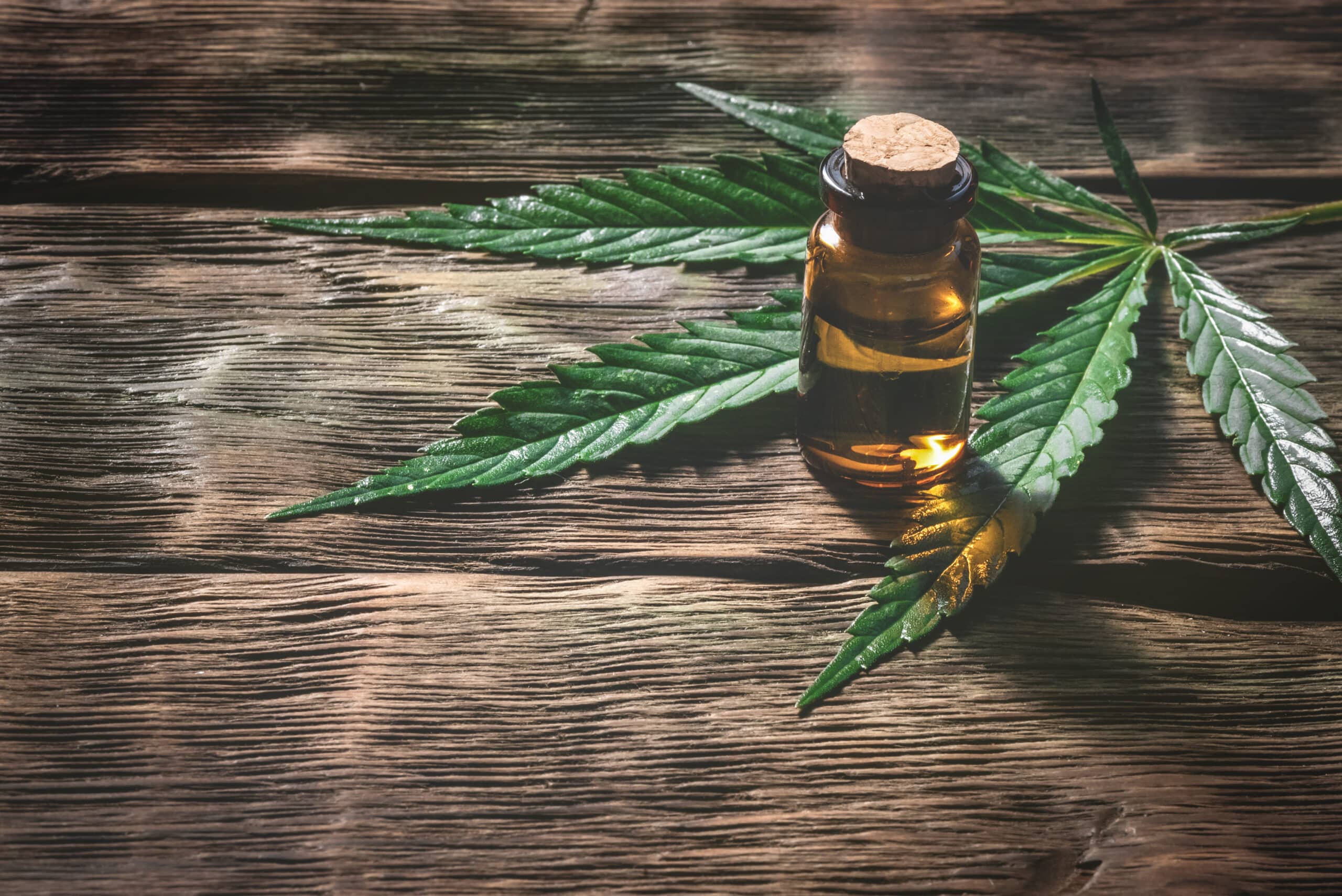Relationship Between CBD and Insomnia
A report by the World Health Organization indicates that CBD (cannabidiol) can help you get a night of better sleep. Additionally, it doesn’t induce the feeling of being high, which can disrupt your sleep. There is an indication that by calming the nervous system, CBD can help you get a sound sleep.
Although many studies support the role of CBD in improving sleep, the exact part that it plays is still not clear. Some studies suggest that CBD prevents the breaking down of neurotransmitters that control mental functions such as feelings, mood, happiness, love, sadness, etc. The breakdown promotes the flow of melatonin in the bloodstream, causing sleepiness.
It’s vital that you first get to know the causes of your insomnia to understand the reasons why CBD oil may help promote a good night’s sleep. People often argue about whether or not does CBD work. The answer to this depends on a person’s tolerance levels and biological system.
However, for some, it is a safe and non-addictive alternative to over-the-counter sleeping pills.
CBD Oil Can Reduce Stress
One major problem that causes sleeplessness is stress, which can also be a sign of poor mental health. CBD oil helps to regulate the production of the cortisol hormones that significantly influence the sleep cycle. A review study on CBD noted that the cannabis compound could increase sleep quality.
CBD Oil and Discomfort
Sleeplessness because of chronic discomfort or body aches may be alleviated with CBD oil therapy. CBD oil helps to address the significant causes of distress, such as pain, enabling people suffering from a form of discomfort to sleep better.
CBD Oil and Muscle Relaxation
CBD oil may help reduce muscle tremors and hypermobility in people who have Parkinson’s disease. The reduction of muscle tremors gives you enough time to condition your body to sleep.
CBD Oil and Pain
Cannabidiol is capable of influencing how the anandamide levels, serotonin, and the opioid receptors perceive pain. Any form of pain will make it difficult for you to sleep. A study made the confirmation that the introduction of CBD tackles persistent pain, which ultimately makes you comfortable when sleeping.
CBD Oil and Sleep Behavior Disorder
Rapid Eye Movement (REM) sleep disorder is a condition marked by restlessness due to nightmares. You may be one of those people whose dreams affect their quality of sleep.
Some patients in a case study on the use of CBD Oil show some positive changes in curbing sleep disorders.
CBD Oil and Drowsiness
CBD works in different ways, depending on the time of administration. It can help to regulate the body’s sleep and wake cycle, which helps maintain alertness during the day.
Insomnia may negatively affect your levels of productivity during the day and make it hard for you to fall asleep. The use of CBD oil during the day may help to keep you alert, and your active nature in the day should help to summon a sound sleep at night.
CBD Oil and Post-Traumatic Stress Disorders (PTSD)
Your sleep can be affected if you have PTSD, which negatively affects your sleep cycles through sleep disturbances. More studies looking into the effectiveness of CBD oil on PTSD sleep-related issues confirm that CBD helps to reduce the level of stress. This can help to free you from PTSD sleep disturbances, enabling you to have a sound sleep.
CBD Oil and Aging
As you get older, the nature of work and duties you perform during the day can affect your sleeping patterns. Many people who approach the age of 65 will develop some form of sleep disorder. However, it may not be clear if it is a side effect of aging or from medications. Introducing CBD into the body via their diet may help to improve sleep.
Different Approaches to Taking CBD
1. Oral (CBD Oil, Edibles, Tinctures, Capsules, Powder)
After ingesting CBD, it goes through the digestive system, from where it makes its way into the bloodstream before getting to the rest of the body. It takes anywhere from 1-6 hours before you see the effects.
2. Sublingual (CBD Oil, Tinctures)
CBD gets into the bloodstream through the capillaries under your tongue when administered sublingually. CBD oral administration takes up to 5 hours to reach peak levels.
3. Inhalation (Vape pens, High-spectrum CBD, Dabs)
Inhalation takes the CBD into the bloodstream via the lungs before reaching the rest of the body. Inhaling is the fastest way to get CBD products into your body. Peak levels hit after 10 minutes.
4. Topicals
CBD skin care products are directly applied to the skin. They enter the skin to reach the target areas. Apply the lotion on areas with inflammatory cells, aching muscles, and areas with painful nerves. The peak level varies with the area of application.
Conclusion
CBD oil is becoming one of the trending alternative medicines because of its effectiveness. Although pharmaceuticals that aid sleep are available, most of them can cause side effects that might affect your productivity the next day. Many doctors are now prescribing CBD doses as an alternative to pharmaceuticals to their patients.
However, depending on the dosage and bodily responses, the effects are bound to vary on different individuals. You should find a combination that works best for you and stick to it to enjoy the most benefits.
Using products like sprays and tinctures gives immediate effects, unlike the edibles that slowly release CBD into your body. But the slow reaction of the edibles will let you sleep for longer. Take your CBD an hour or two before heading to bed, and you will regain your sleep cycle. But before you begin the dosage, make sure you consult a doctor for some advice and avoid the possibility of any complications.




